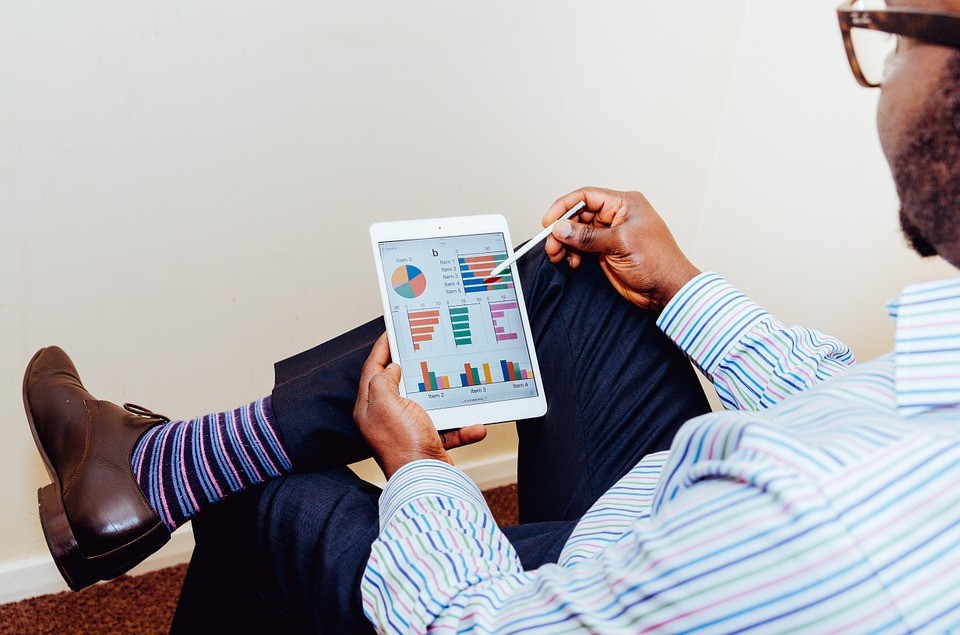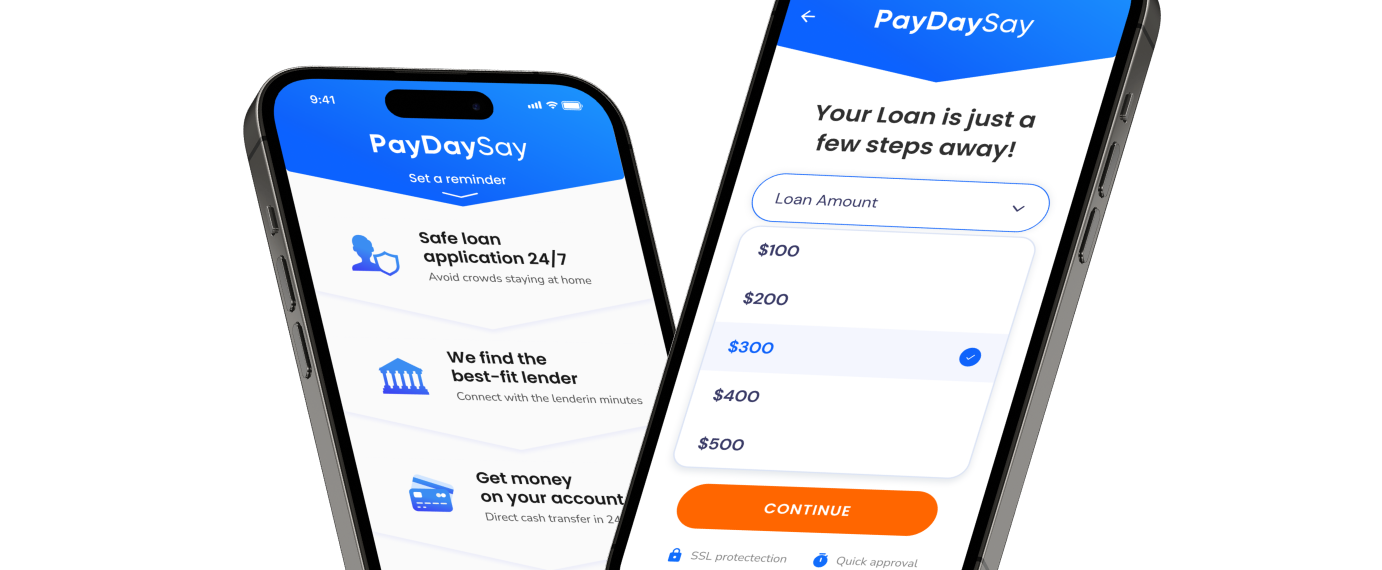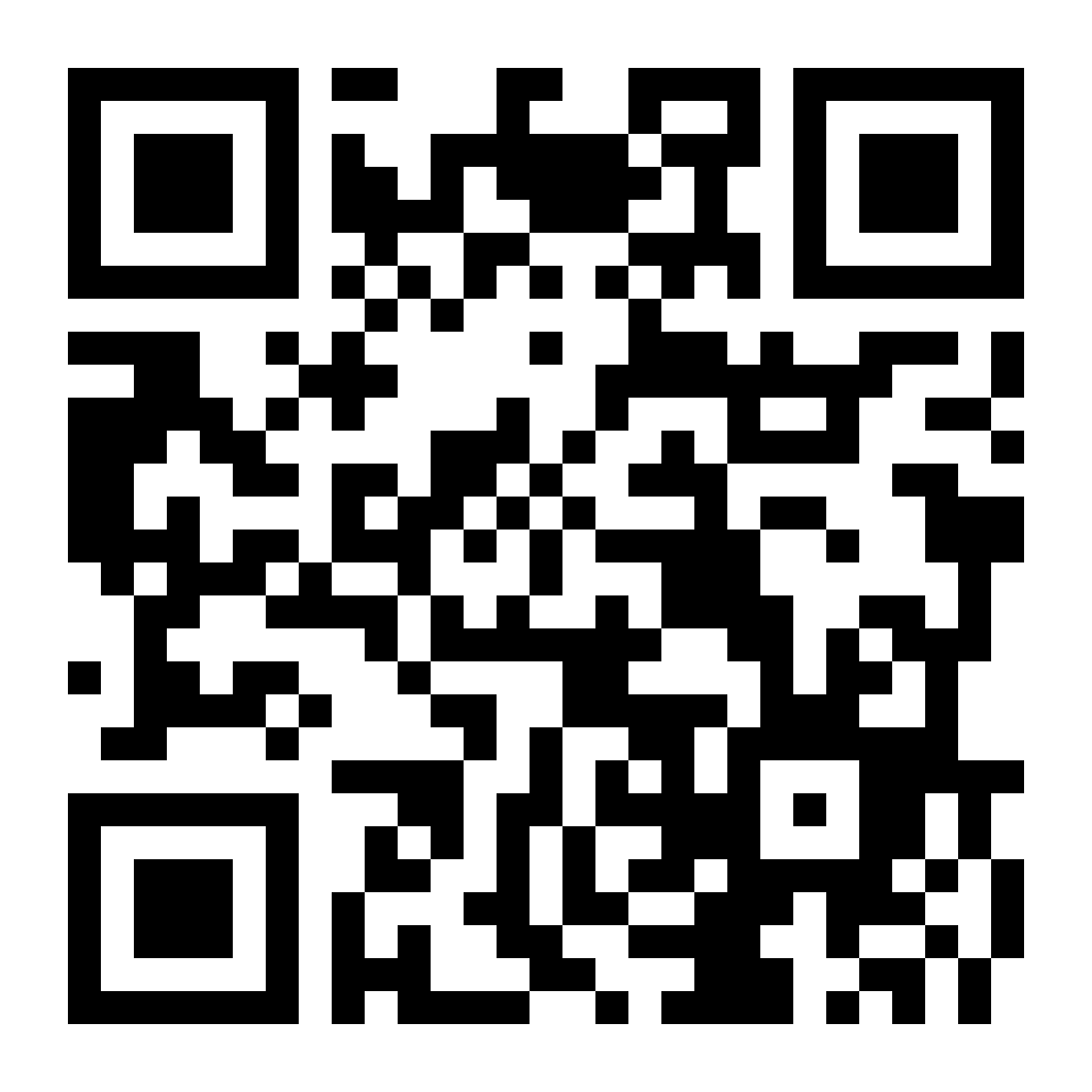It’s the end of the month, you’re scanning through your bank statement and wondering, “Where did all my money go?” Sound familiar? Welcome to the club!
Fortunately, there’s a game-changer in modern personal finance — budgeting apps. These digital tools are not just transforming the way we manage money; they’re revolutionizing it.
Imagine having a personal finance advisor right in your pocket, giving you real-time insights and guiding you towards a more financially secure future. That’s what a budgeting app does for you.
And it’s not about tracking every penny you spend, it’s about understanding your financial habits and making better decisions. Keep reading to discover how the budgeting apps for January 2026 will reshape your finances!
Why Budgeting Apps Matter
Budgeting apps are the game-changers you didn’t know you needed. They simplify your financial planning by offering a clear snapshot of your budget per month. When you have an effective budgeting app, you’ll track spending habits, categorize expenses, and set a realistic savings goal.
These apps typically provide a method of budgeting that’s tailored to your lifestyle — an indispensable tool in creating the right spending habits. You’ll get a deeper insight into where your money’s going and identify any financial leaks.
With a popular budgeting app for your needs, you’re not just looking for the best for tracking your spending, you’re taking control of it. In essence, they matter because they transform the underrated task of financial management into a streamlined and user-friendly process.
They’re not just software; they’re your personal finance coaches, guiding you toward a more secure and financially stable future.
Best Free Budgeting Apps in January 2026
You want to manage your spending better, right? Then, knowing the best free budgeting is a must. A free version doesn’t mean it’s low quality; in fact, many top-rated budgeting software offers a free app also capable of handling your financial needs just as well as a paid version.
- You Need a Budget (YNAB): If you’re a stickler for the zero-based budgeting style, then YNAB is one of the best budgeting apps available to you. YNAB operates on the principle that every dollar should have a job, basically making sure you’re allocating your money efficiently. With a 34-day free trial, you can explore its intuitive interface, comprehensive budgeting features, and sync options with your bank account balances. What sets YNAB apart is its impressive educational resources that guide you on how to live on last month’s income — perfect for financial stability.
- Mint: Perhaps one of the most popular financial apps on the market, Mint has many functionalities. The app is free and excels in categorizing and tracking your spending, creating budgets, and notifications for bill reminders. Mint also gives you a free look at your credit score and insightful financial summaries that differentiate it from others. With Mint, you’ll learn how to make better money decisions because all your financial information is right there on your phone.
- Simplifi by Quicken: If you’re after a personalized approach, Simplifi by Quicken is your go-to option. This app offers a customized spending plan based on your income, bills, and savings goals. Simplifi stands out with its real-time updates and the ability to track recurring bills, subscriptions, and savings progress. Want to stay on top of your finances — its unique Watchlists feature lets you monitor specific areas of spending so you can keep track of everything.
- PocketGuard: For those who want a straightforward view of their finances, PocketGuard is a fantastic choice. This app shines in its ability to simplify your budgeting by showing you how much you have for spending after accounting for bills, groceries, and other spending. What makes PocketGuard unique is the “In My Pocket” feature, which tells you how much disposable income you have for the day, week, or month. This way, you’re not overspending, and you’ll keep a healthy financial lifestyle.
Benefits of Top Budgeting Apps
Using the right budgeting app can help turn personal financing into something straightforward — even fun. Give it a try, and you might just find that making a budget becomes your new favorite hobby.
- Visualize your financial situation: The first thing a budgeting app does is give you a clear picture of your financial situation. Instead of guessing where your money goes, they show you a detailed breakdown of your expenses. They sync with your bank and credit card accounts, too, so you can also track that spending without looking at your statements each month.
- Identify spending patterns: The second benefit of setting up a budget with an app is the ability to spot spending patterns. With color-coded charts and graphs, you’re able to see which areas you’re spending the most in. This makes it easier to decide where to cut back.
- Promote better financial habits: The best ones do more than just track your spending, they give you tips and guidance so you’ll learn how to develop healthier spending. No matter if you’re looking to save more, spend less, or pay off debt, they’ll have tools and insights you can use to achieve your goals.
- Achieve your goals: They’re essential for your short-term and long-term financial goals. You can plan and organize where your money goes so you can prioritize your goals — no matter if you’re saving for a holiday, planning for retirement, or splurging on a shopping spree.
Key Features to Look For
Keep in mind that the reviews or recommendations expressed by others can be helpful (those in Google Play, for example), but ultimately, the app for you is the one that suits what type of budgeting you need:
- Expense tracking: This feature lets you see where your money goes. You’ll love the power of knowing what you’re spending on and where you can cut back.
- Goal setting: It’s not just about tracking but also planning. An app that lets you set financial goals will guide you toward achieving them.
- Savings account: The app should give you an overview of your savings account — like a personal advisor right from your mobile app store.
- Free trial: Don’t commit without a test drive, so look for ones that offer free trials so you can be sure it’s the right fit.
- Track spending: This feature keeps you accountable and is kind of like having a financial diary that gives insights into your spending.
- Automatic categorization: It’s tedious to sort every expense, so maybe you’ll want something that automatically categorizes your spending. There are budget spending categories, like “groceries” or “transport.”
- Customizable budgets: You need an app that adapts to you, not the other way around. Look for a budgeting tool that you can tailor to what you want. The envelope budgeting method, for example, allocates specific amounts for each category.
- Bank account and credit card synchronization: No matter how you want to create a budget, your app should synchronize with your bank accounts and credit, even your joint bank account. This way, you’ll have an accurate, real-time view of your money.
Choosing the Best Budget App
Choosing a budgeting app is a highly personalized process. Why? Because the best app for you should align with your unique financial goals and preferences.
There are many applications to choose from. Empower (formerly Personal Capital), for instance, is a budgeting app that helps you track your income, expenses, and investment portfolio. It’s a comprehensive budgeting system that costs a certain amount per month, but the wealth of features justifies the cost.
But, it’s not just about the features, it’s about how you use the app. Some people prefer basic budgeting, while others look for specific features like investment tracking or debt payoff plans.
Security and Privacy Considerations
Security should be the number one thing to consider when exploring the many budgeting apps on the market. The best overall apps included in your search should prioritize strong encryption and advanced authentication methods. These will protect your data from prying eyes, ensuring your hard-earned money stays safe.
So, if you have to pay for a budgeting app that guarantees these security measures, remember, it’s an investment in your financial safety.
Embracing the Future of Personal Finance
The potential of software like HoneyDue and Mint is simply phenomenal. They’re basically a stepping stone, transforming how we manage our money.
Imagine having not just one but a dozen apps, each catering to different aspects of your monthly budget.
The 8 best reasons? They:
- Simplify spending
- Real-time tracking
- Personalized advice
- Automate savings
- Facilitate investment
- Enhance security
- Financial literacy
- Debt management solutions
As technology evolves, their scope will only expand. Picture AI-based financial advisors using augmented reality for financial planning. The future of personal finance management is digital, and it’s incredibly exciting.
Alternatives to Budgeting Apps
Maybe you don’t want to be stuck to your phone more than necessary or prefer a more hands-on approach, in which case, here are some alternatives to apps like Mint:
| Alternatives | Pros And Cons |
| Budget planner Spreadsheet: If you want to budget the old-fashioned way, use spreadsheets. | Pros: They can be customized, and give you full control. Cons: Can be time-consuming and requires good organizational skills. |
| Cash envelope system: A budget-based system where you put cash in envelopes for different budget categories. | Pro: Envelope budgeting is visual and effective for curbing overspending.
Con: Not ideal for digital or card transactions. |
| Pen and paper: This is for you if you’re more practical and like to use your hands. | Pro: Simple and doesn’t ask for any tech.
Con: Prone to errors and it’s not as portable or convenient as digital methods. |
| Personal financial advisor: A professional who helps manage your finances. | Pro: Tailored advice and help you build a budget.
Con: Can be costly and not everyone may be comfortable sharing their financial details. |
| Classes: An educational approach to learning how to manage your money. | Pro: Highly informative and empowering.
Con: Asks for time and commitment, and classes can sometimes be costly. |
Conclusion
The best budgeting apps of January 2026, which we’ve talked about here, provide a clear path to achieving financial stability. If you take full advantage of these included apps, you’ll find your way through the complexities of sticking to a budget.
With them, you can identify and allocate the room in your budget, so every dollar is put to good use. They’re basically like your silent financial advisors, giving you the tools to make better spending decisions.
So, take a step towards financial freedom and let these apps guide you to a future of fiscal responsibility.













 on your homescreen
on your homescreen
